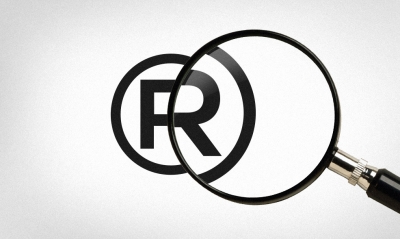So, for example, designations that do not have a distinctive ability cannot be registered as trademarks. Therefore, it is a question of the fact that the designations that claim to become trademarks must be unique and be able to stand out among goods and services. Also, those designations that are in general use cannot be registered as trademarks. It is also impossible to register generally accepted symbols and terms as trademarks. designations that reproduce state coats of arms and emblems, names of international organizations and their emblems, flags, emblems, etc. cannot be registered as trademarks. False or misleading designations regarding a product or service cannot be registered as a trademark.
Special mention should be made of the designations as the names of geographical objects that can be misleading as to the places of production of goods. Naturally , such designations are not subject to registration as a trademark . Let's take wine as an example. Everyone knows the high quality of wines that are produced in France. And if the name of the wine is registered as a trademark as a French wine, then it is clear that this is a guarantee of the successful sale of this product. And in fact the wine can be created in another place, not in France. This is only one of the aspects when another geographical point is indicated instead of one. There are many other negative consequences when a false geographic origin is registered as a trademark. (intellsob.kz)/
And of course, it is impossible to register as a trademark designations that, in their content, are contrary to public interests, the principles of humanity and morality.
Along with the above, it is impossible to register as trademarks designations that are identical or confusingly similar. As for identity, everything is clear here. We are talking about almost the same designations. Naturally, a designation with an earlier priority will be registered as a trademark here. Who filed earlier than others, he becomes the owner of a certain trademark. Now consider the question of similarity to the extent of their confusion. Of course, different designations have similar details and elements. There is nothing terrible here. But their presence in different designations can reach such a specific weight or percentage when an association with each other arises. As a result, such designations may mislead consumers. The degree of mixing is established by the experts of the authorized body.
